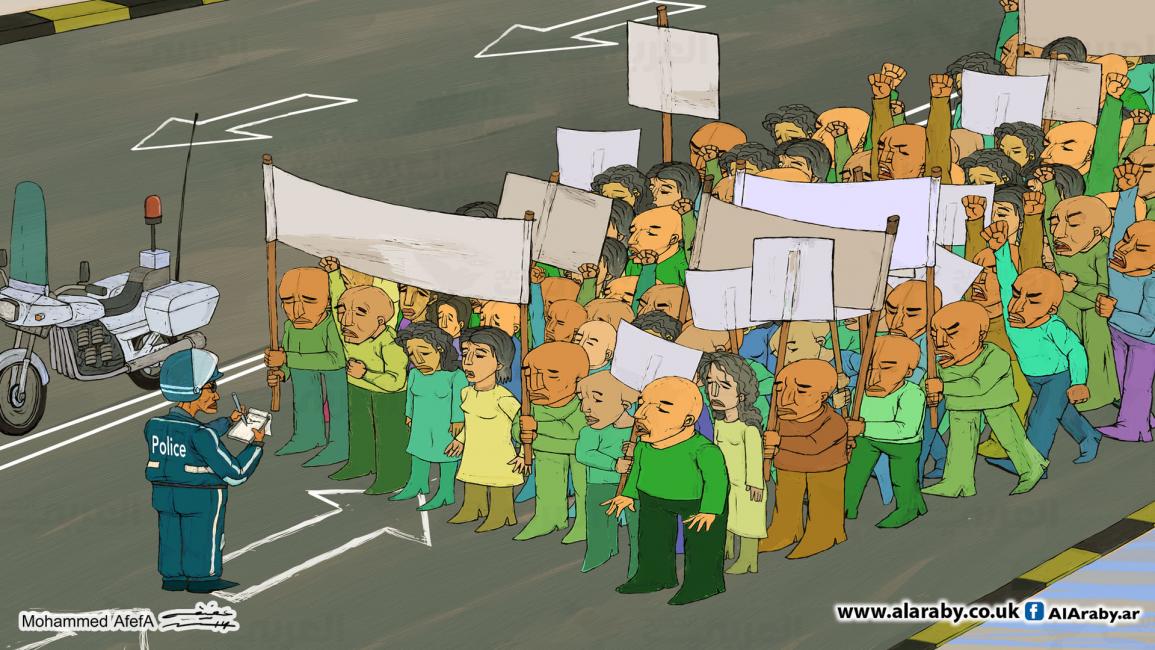This week, Syrians from all political backgrounds—whether they are supporters, opponents, or somewhere in between—revisited the beginnings of the revolution/crisis that unfolded 13 years ago. Emulating the movements in Tunisia, Egypt, and other nations of the Arab Spring, a significant number of Syrians sought freedom and a better life. Among the Arab revolutions, Syria’s uprising was perhaps the most unexpected, challenging the regime’s decades-long reliance on violence and cruelty as deterrents against societal dissent. Notably, US intelligence assessments to President Barack Obama in 2010 had anticipated protests in several Arab countries due to long-simmering internal issues exacerbated by the global economic crisis, yet Syria was not mentioned. Despite this, Syria witnessed a revolution marked by noble intentions and significant sacrifices but ultimately limited by the absence of a unifying vision and leadership, alongside external interventions that derailed its aspirations.
Syrian Opposition Says it Didn’t Receive Proposal Transfer the Constitutional Talks to Riyadh
Thirteen years later, Syrians are divided in their perspectives on the revolution/crisis, its origins, and its transformation from peaceful protests to a proxy conflict with international implications. However, there is unanimous acknowledgment of the calamity it brought: over half a million dead, a million injured, approximately 150,000 missing, and millions displaced both internally and abroad. The destruction has touched nearly a quarter of all Syrian homes, with financial losses estimated between 400-1300 billion dollars. The presence of foreign military forces has effectively fragmented Syria into separate territories.
A growing consensus among Syrians recognizes the nation as a casualty of international conflict, where neither the opposition’s nor the regime’s allies have prioritized Syrian welfare or aspirations. This global chess game has been played at the expense of Syrian lives, with foreign policies and military actions contributing to the nation’s fragmentation and the exploitation of its remaining resources.
This realization has sparked widespread disillusionment with both the opposition and the regime, each demonstrating incapacity and neglect toward their constituents. The opposition appears debilitated, while the regime struggles to meet even the basic needs of its populace, undermining its claims of victory with the stark reality of hunger and sickness among its people.
Amidst these challenges, a unified Syrian sentiment is emerging, recognizing the urgent need for action to salvage a nation on the brink of disintegration. This collective awakening underscores the importance of swift, inclusive efforts to foster a national dialogue and implement a realistic plan for democratic change. Such a transformation requires compromise and a departure from vengeful tactics, aiming instead for a future where all Syrian political forces, free from foreign influence, can collaborate to establish a new democratic governance structure.
This article was translated and edited by The Syrian Observer. The Syrian Observer has not verified the content of this story. Responsibility for the information and views set out in this article lies entirely with the author.


